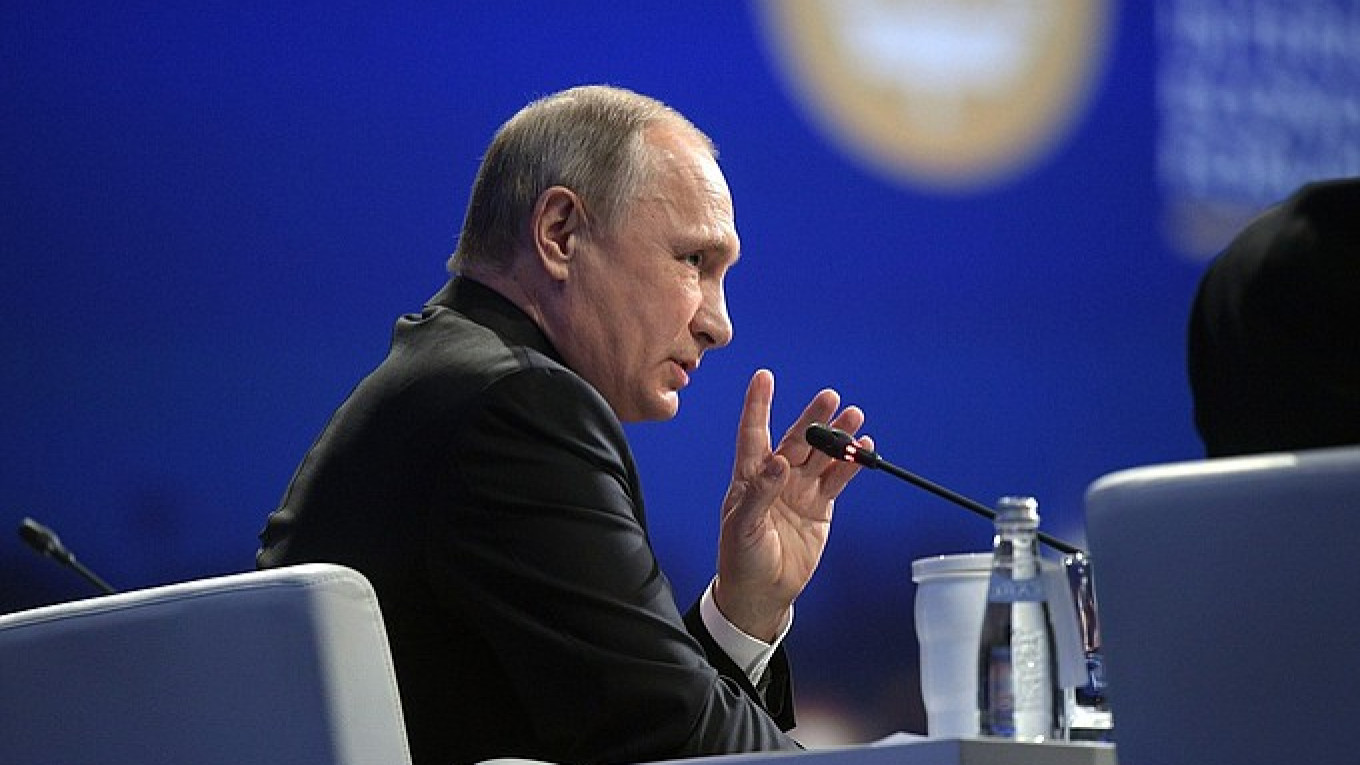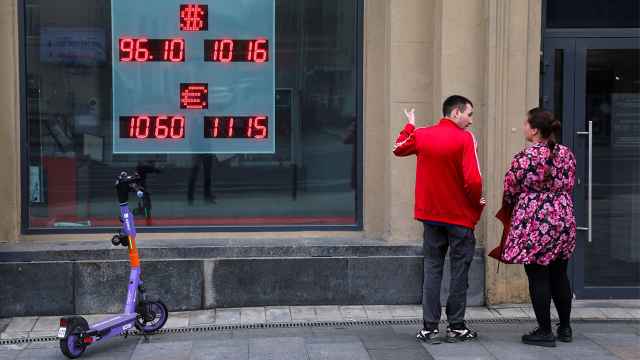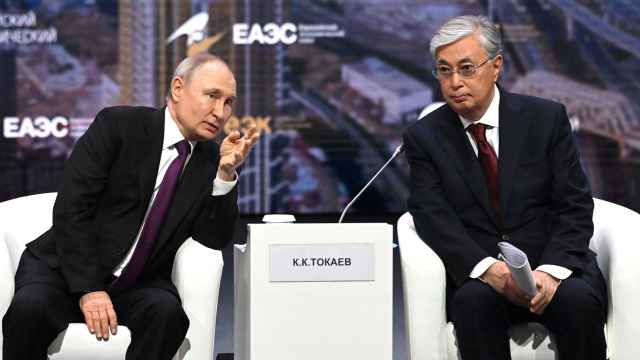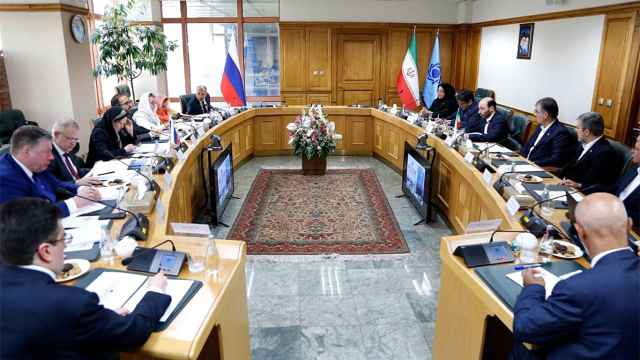The International Economic Forum in St. Petersburg was not held in vain — it demonstrated clearly why the Russian economy is not developing. It boiled down to a forum of “no confidence,” a forum at which participants spoke about their fears. It started with talk about Michael Calvey and the sardonic quip that so far, none of the investors present had been arrested. It continued with comments about the arrest of Meduza investigative journalist Ivan Golunov. And this sense of fear, distrust and incredulity surfaced everywhere: in speeches, conversations in the corridors, and in jokes at evening receptions.
The Forum showed that members of the business community understood the authorities better than leaders understood them. At the very least, businesspeople know that the authorities want money from them in order to pay for the things President Vladimir Putin has promised. But the authorities don’t understand what businesspeople want, and so Deputy Prime Minister Anton Siluanov accuses the business community — that criticizes everything — of nihilism. “We listen to businesspeople, we work with them, but still, everything is bad. This nihilism is in our minds.”
What businesspeople want is respect and freedom. They do not want to be told where to invest or how to conduct their businesses. They want laws that apply to everyone, and not only to the enemies of the regime. They want the right to say what they think — and not only when some official grants them permission to speak. They want political representation.
They don’t want everything to depend on whether the word “Agree” gets written on their letter to the regional head, governor, or president. Businesspeople are tired of writing letters to senior officials such as Sechin and Chemezov, letters that mean nothing until Putin has weighed in. And it is Putin’s all-powerful “Agree” that issues benefits, money, and more favorable terms of doing business, but that can also cost someone their business or freedom.
Businesspeople are tired of fearing the siloviki who have become the main consideration in conducting a business. They discussed all of this at the Forum. “Businesspeople no longer face risk, only the fear that if they become successful, agents will come for them and take everything,” said State Duma Deputy Andrei Makarov. Even Siluanov, who usually talks only about the budget, the balance of payments and credit rates, explained how important it is to protect businesses from the siloviki.
After these words, Putin’s explanation as to why Calvey was released from detention while others were left behind bars sounded like sheer mockery. “How can someone be put under house arrest if he has no house or no apartment? But we will consider this issue,” Putin said. It’s a good thing he didn’t add: “We can’t just toss them out on the street, you know.”
Government officials would get along just fine without the trust of the business community if not for one thing: the fact that they have to achieve the goals Putin set in his May decree, many of which seem unattainable—even with the help of business. This makes them nervous because Putin, unlike the king in the book The Little Prince, does not understand that if he “ordered a general to fly from one flower to another like a butterfly, or to write a tragic drama, or to change himself into a sea bird, and if the general did not carry out the order that he had received,” it would be his own fault, and nobody else’s.
The economy does not grow by decree.
Members of the government sincerely believe that they are trying to understand the reasons why the business community doesn’t trust them: they attend meetings, listen to complaints, travel around the regions….But what can they see from a car window or learn from conversations with hand-picked businesspeople voicing pre-selected problems?
They do not see life as it is, but a scripted and highly filtered version of reality — a stage production called “Life in Russia.” Increasingly, the smart officials say they need independent, high-quality, objective media that can show them the real picture, and not a show invented by one group of officials for consumption by another.
And this is why many participants of the Economic Forum did not wait for the end of the plenary session with Putin and left the hall early, saying with undisguised disdain, “What difference does it make what they say there?”
And yet, even as the Forum’s speakers talked about the investment climate and the need to end the terror of the siloviki, the authorities violated every law and human right by using trumped-up drug charges to arrest investigative journalist Ivan Golunov, a man who has done everything in his power to improve the investment climate by attempting to publish the truth.
A Russian version of this article was originally published in Vedomosti
A Message from The Moscow Times:
Dear readers,
We are facing unprecedented challenges. Russia's Prosecutor General's Office has designated The Moscow Times as an "undesirable" organization, criminalizing our work and putting our staff at risk of prosecution. This follows our earlier unjust labeling as a "foreign agent."
These actions are direct attempts to silence independent journalism in Russia. The authorities claim our work "discredits the decisions of the Russian leadership." We see things differently: we strive to provide accurate, unbiased reporting on Russia.
We, the journalists of The Moscow Times, refuse to be silenced. But to continue our work, we need your help.
Your support, no matter how small, makes a world of difference. If you can, please support us monthly starting from just $2. It's quick to set up, and every contribution makes a significant impact.
By supporting The Moscow Times, you're defending open, independent journalism in the face of repression. Thank you for standing with us.
Remind me later.








